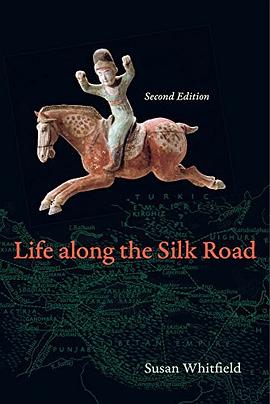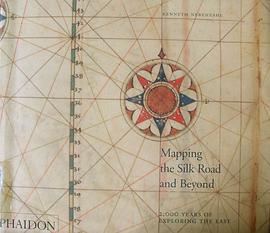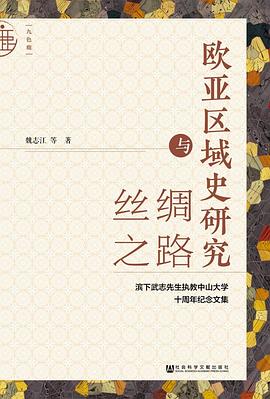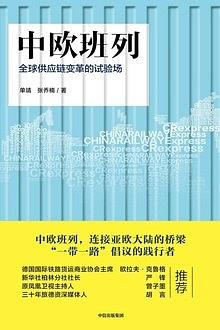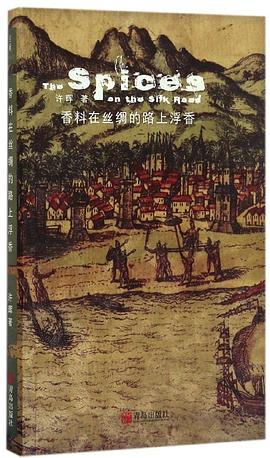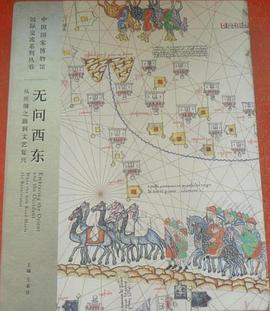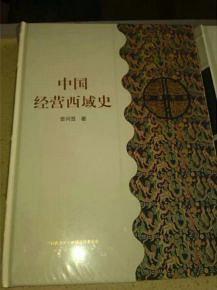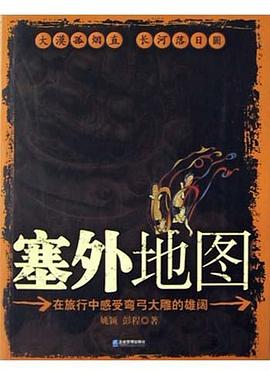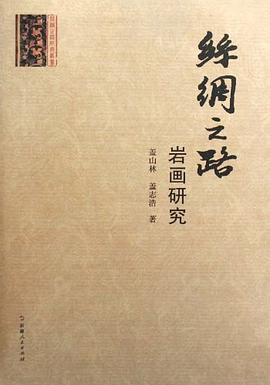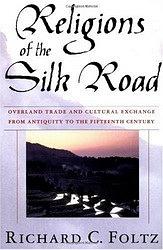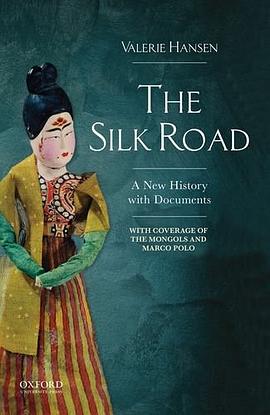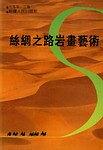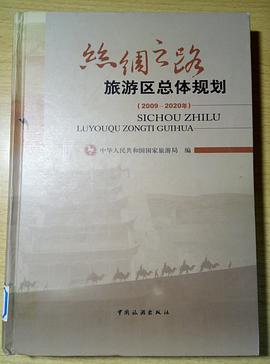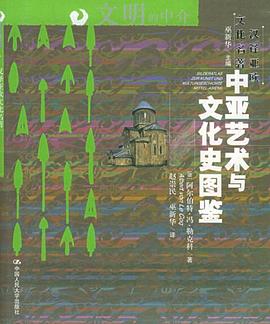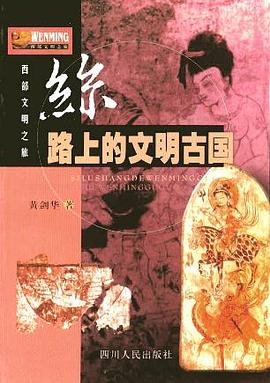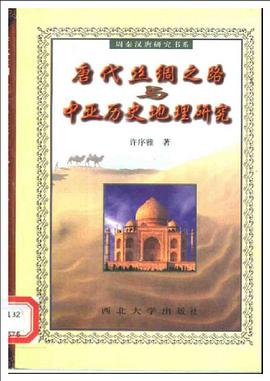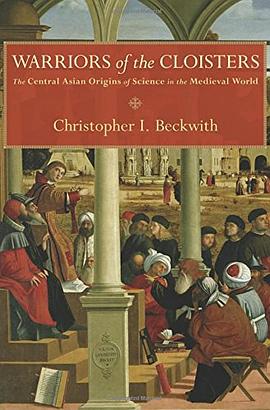
Warriors of the Cloisters pdf epub mobi txt 電子書 下載2025
- 白桂思
- 中亞
- 絲綢之路
- 政治學
- 曆史
- 中西交通
- 濛古內亞史
- 翻過
- 曆史
- 戰爭
- 中世紀
- 騎士
- 宗教
- 修道院
- 歐洲
- 冒險
- 忠誠
- 勇氣

具體描述
"Warriors of the Cloisters" tells how key cultural innovations from Central Asia revolutionized medieval Europe and gave rise to the culture of science in the West. Medieval scholars rarely performed scientific experiments, but instead contested issues in natural science, philosophy, and theology using the recursive argument method. This highly distinctive and unusual method of disputation was a core feature of medieval science, the predecessor of modern science. We know that the foundations of science were imported to Western Europe from the Islamic world, but until now the origins of such key elements of Islamic culture have been a mystery. In this provocative book, Christopher I. Beckwith traces how the recursive argument method was first developed by Buddhist scholars and was spread by them throughout ancient Central Asia. He shows how the method was adopted by Islamic Central Asian natural philosophers - most importantly by Avicenna, one of the most brilliant of all medieval thinkers - and transmitted to the West when Avicenna's works were translated into Latin in Spain in the twelfth century by the Jewish philosopher Ibn Da'ud and others. During the same period the institution of the college was also borrowed from the Islamic world. The college was where most of the disputations were held, and became the most important component of medieval Europe's newly formed universities. As Beckwith demonstrates, the Islamic college also originated in Buddhist Central Asia. Using in-depth analysis of ancient Buddhist, Classical Arabic, and Medieval Latin writings, "Warriors of the Cloisters" transforms our understanding of the origins of medieval scientific culture.
著者簡介
Christopher I. Beckwith is professor of Central Eurasian studies at Indiana University, Bloomington. His books include Empires of the Silk Road: A History of Central Eurasia from the Bronze Age to the Present and The Tibetan Empire in Central Asia: A History of the Struggle for Great Power among Tibetans, Turks, Arabs, and Chinese during the Early Middle Ages (both Princeton).
圖書目錄
Acknowledgments xv
Abbreviations and Transcription of Foreign Languages xvii
Chapter One Introduction 1
Chapter Two The Recursive Argument Method of Medieval Science 11
Chapter Three From College and Universitas to University 37
Chapter Four Buddhist Central Asian Invention of the Method 50
Chapter Five Islamization in Classical Arabic Central Asia 76
Chapter Six Transmission to Medieval Western Europe 100
Chapter Seven India, Tibet, China, Byzantium, and Other Control Cases 121
Chapter Eight Conclusion 147
Appendix A: On the Latin Translations of Avicenna's Works 167
Appendix B: On Peter of Poitiers 171
Appendix C: The Charter of the College des Dix-huit 186
References 187
Index 199
· · · · · · (收起)
讀後感
評分
評分
評分
評分
用戶評價
argued the university and the recursive argument method originated in Central Asia Buddhism cloisters.
评分argued the university and the recursive argument method originated in Central Asia Buddhism cloisters.
评分argued the university and the recursive argument method originated in Central Asia Buddhism cloisters.
评分argued the university and the recursive argument method originated in Central Asia Buddhism cloisters.
评分argued the university and the recursive argument method originated in Central Asia Buddhism cloisters.
相關圖書
本站所有內容均為互聯網搜索引擎提供的公開搜索信息,本站不存儲任何數據與內容,任何內容與數據均與本站無關,如有需要請聯繫相關搜索引擎包括但不限於百度,google,bing,sogou 等
© 2025 book.quotespace.org All Rights Reserved. 小美書屋 版权所有


